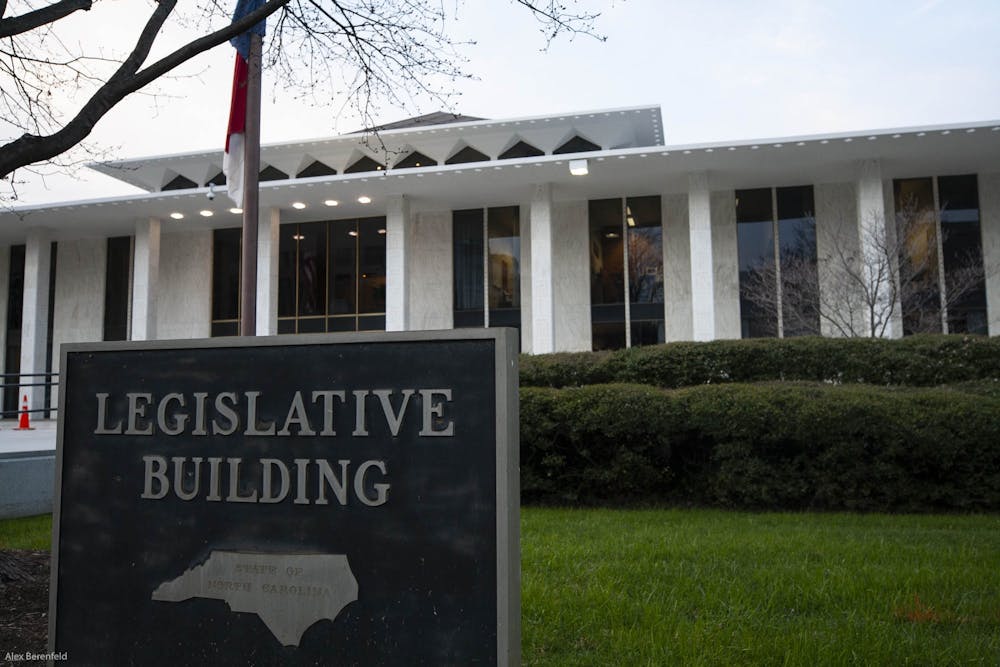Gov. Roy Cooper signed two COVID-19 relief bills totaling over $1.5 billion into law Monday, following unanimous passage of the bills over the weekend in both houses of the General Assembly.
In the 2020 COVID-19 Recovery Act, the state allocated funds from the CARES Act, the federal COVID-19 relief package totaling over $2 trillion dollars that President Donald Trump signed into law in March.
In a press briefing Monday, Cooper said he was pleased with how fast General Assembly leaders from both parties were able to come together and draft the legislation.
“I appreciate these leaders reaching consensus with each other and our office, moving quickly so we can test and trace this disease while we also get relief to people and businesses that need it,” Cooper said.
Rep. Graig Meyer, D-Caswell, Orange, said the bill focused on four key elements of response: healthcare, education, economic security and government operations. Meyer, who worked on the education side of the bill, said he was pleased with the flexibility given to schools in the bill.
“We’ve given a lot of flexibility to schools to be able to respond to the crisis and not have to meet the typical state mandates that you have for testing and teacher certification so that schools can do what they need to do to focus on students and support teachers,” Meyer said.
The bill includes $75 million for student nutrition, as well as $12 million for school-related internet connectivity, $35 million for devices to facilitate remote learning and $70 million to provide summer curriculum for students who have fallen behind due to COVID-19.
“Schools’ two biggest concerns right now are how do they feed hungry kids and how do they make sure kids have access to distance education,” Meyer said. “We have significant appropriations in the bill for both of those items.”
In addition to student nutritional resource funds, the bill allocates $19 million to be sent to food banks and homeless shelters that may be struggling to handle influxes due to COVID-19, which Rep. Verla Insko, D-Orange, said may fill a critical need in the coming months.



